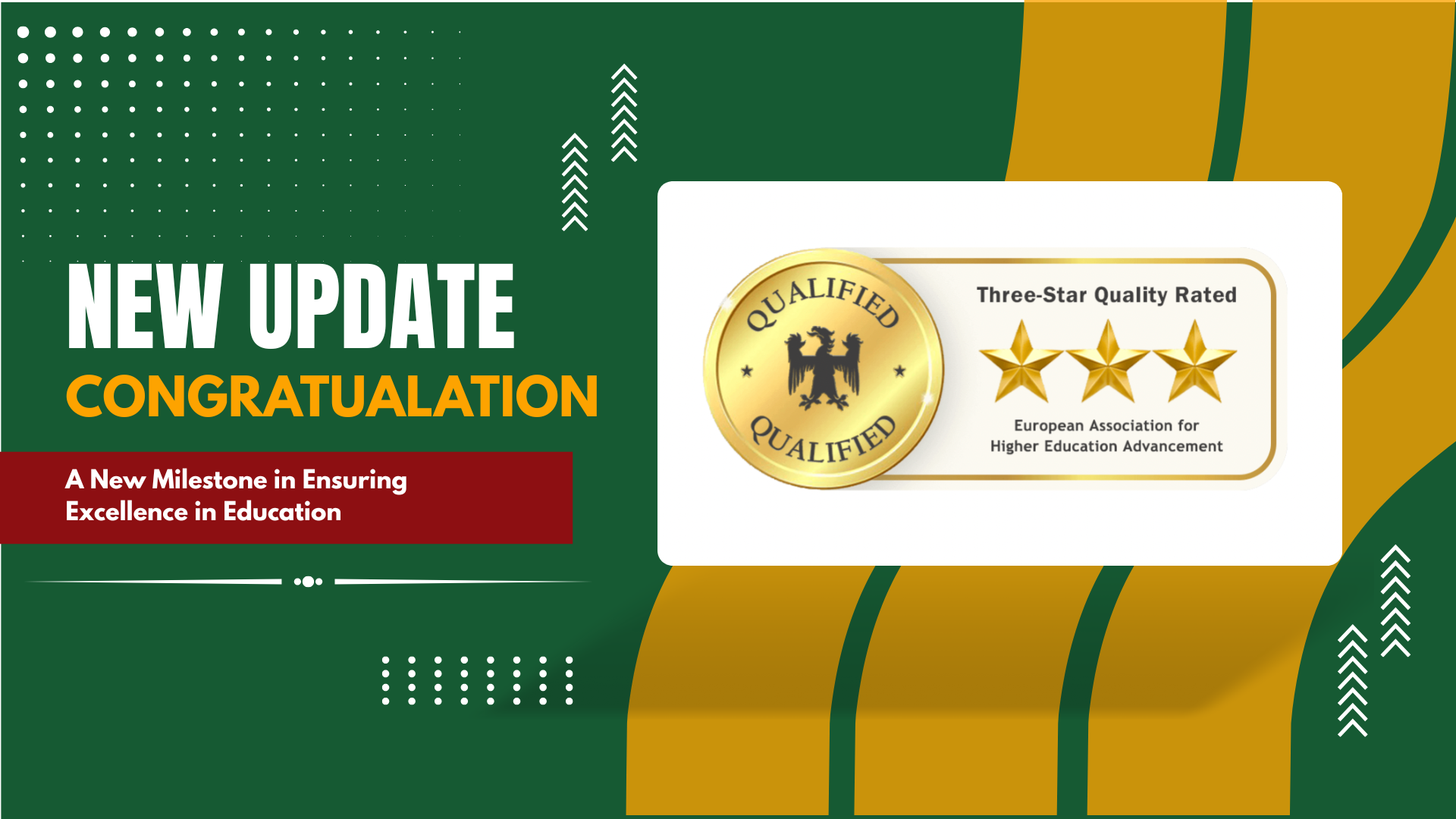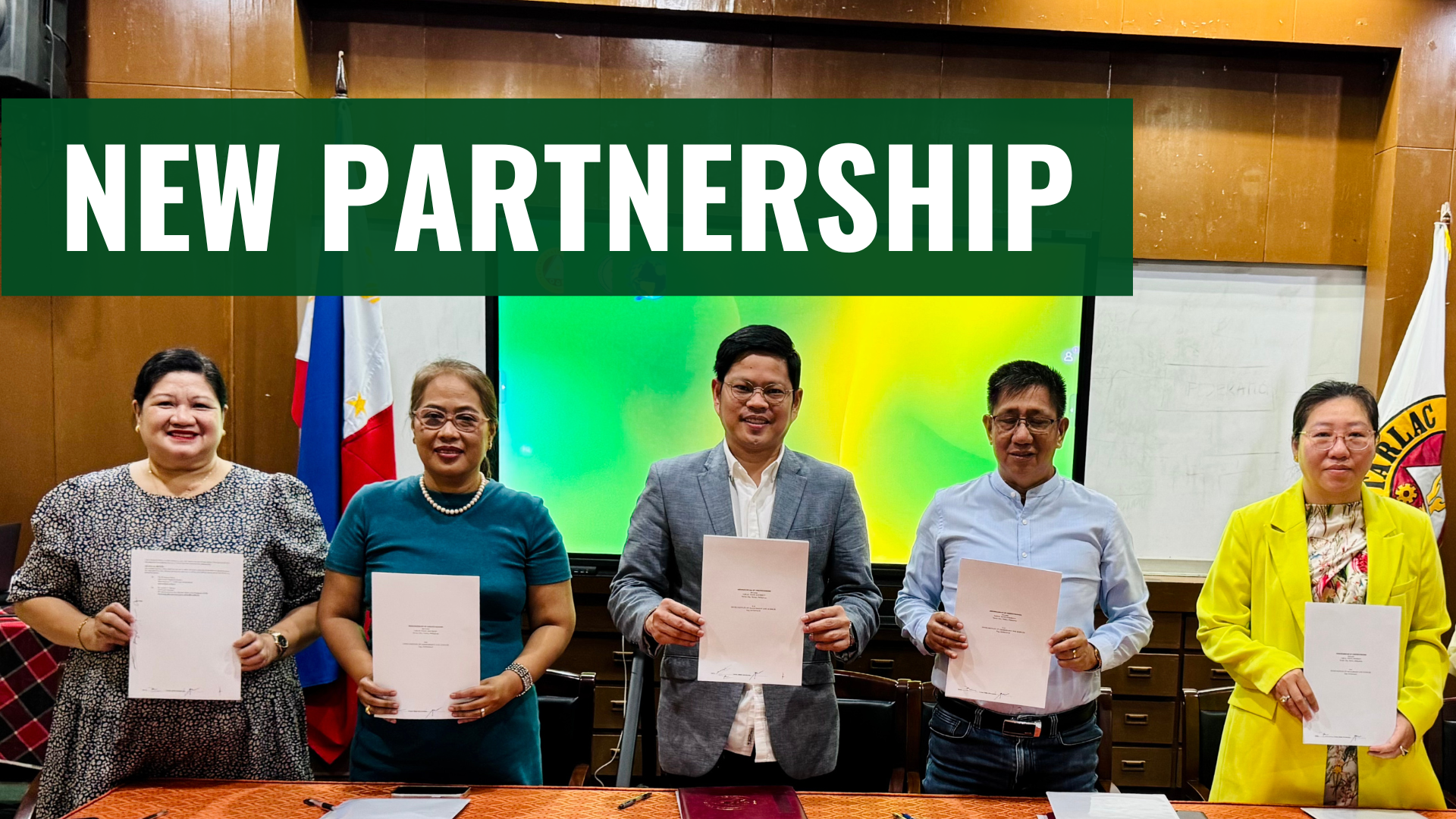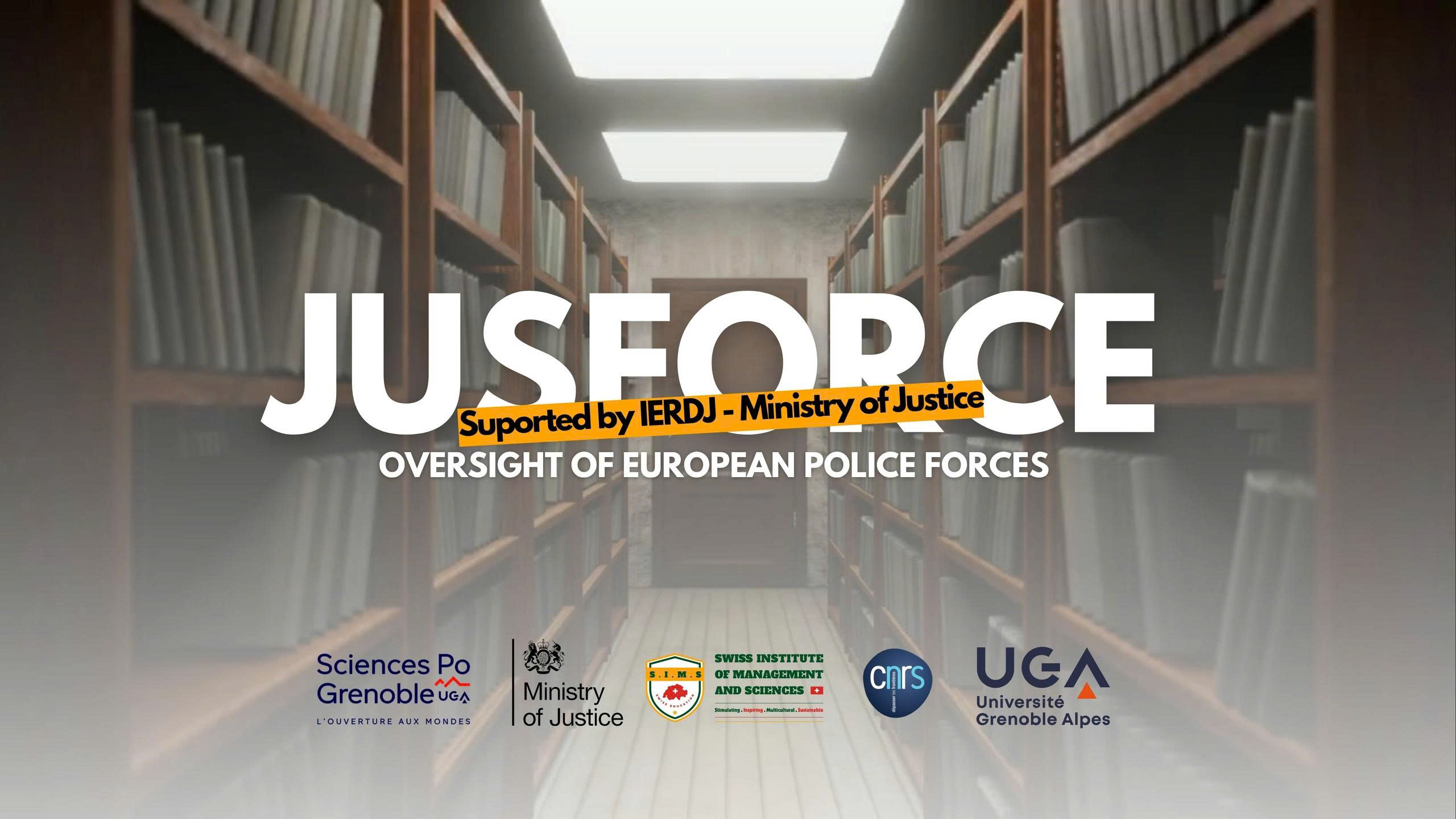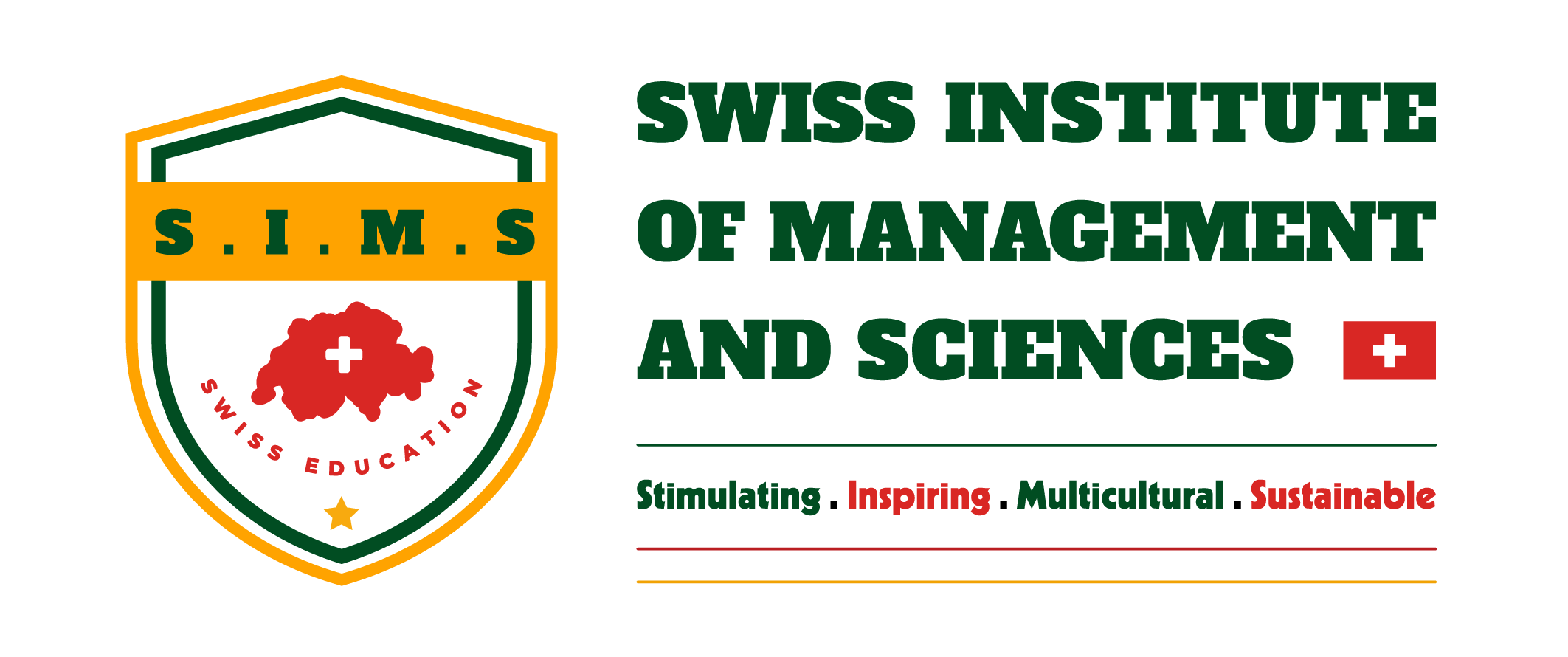The Swiss Institute of Management and Sciences (SIMS) visited Tarlac State University (TSU) on November 11, 2025 to formalize a new academic partnership through a Memorandum of Understanding (MOU) signing. The event, held at the TSU Main AVR, marked the beginning of collaborative initiatives aimed at student and faculty exchanges, joint program development, and shared research and academic activities.
Founded in 1906 as Tarlac High School, TSU has evolved over more than a century into one of the Philippines’ leading public universities. It became a state college before officially gaining university status in 1989, expanding its programs to include undergraduate and graduate courses across disciplines such as business, education, agriculture, science, and the arts. Over the years, TSU has built a reputation for excellence in research, community engagement, and holistic student development, with modern campuses and facilities supporting both academic and extracurricular activities.
During the visit, representatives from both institutions shared their optimism for the partnership. Dr. Arnold E. Velasco, TSU President, highlighted the significance of the MOU, stating that the signing represents “a promising start to a strong and positive collaboration between TSU and SIMS.” Dr. Vu Thi Huong Giang, SIMS Asia-Pacific Regional Director, expressed her gratitude to TSU, noting that the university’s hospitality and professionalism were evident even under challenging circumstances, reflecting TSU’s commitment to this international partnership.
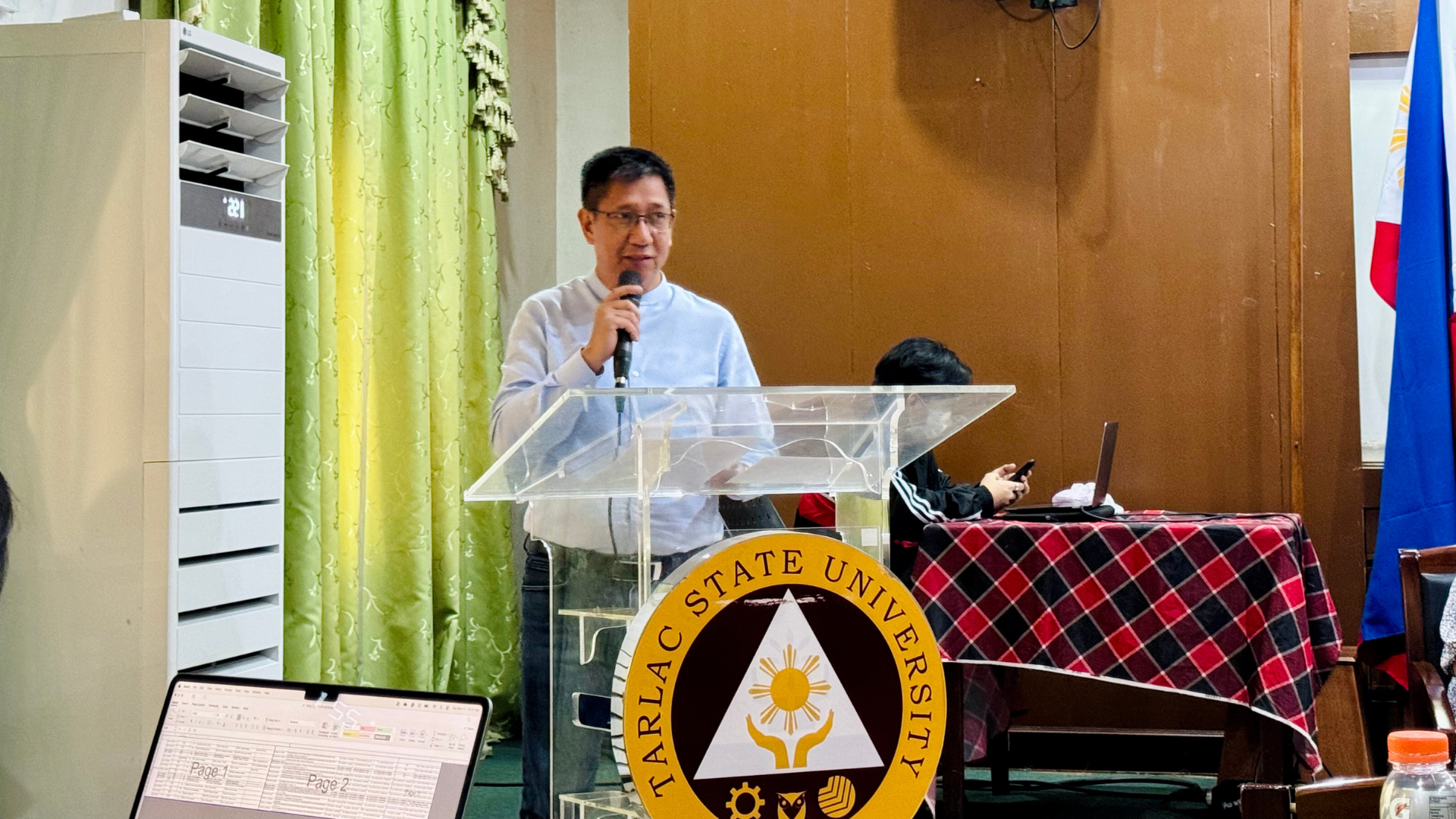
Dr. Arnold E. Velasco, TSU President, highlights the significance of the new partnership during the MOU signing with SIMS.
The MOU outlines plans for a variety of collaborative activities, including student and faculty exchanges, joint research projects, dual degree programs, and participation in seminars and workshops. Following the signing, the SIMS delegation toured TSU’s facilities, including the College of Business and Accountancy and Villa Lucinda Campus, gaining firsthand insights into the university’s academic resources and campus environment. The team was welcomed with great warmth and professionalism, a gesture that highlighted TSU’s vibrant spirit and strong sense of community. The discussions emphasized the value of collaboration in higher education, particularly in enhancing research capacity, improving curriculum design, and providing students with broader learning opportunities.
This partnership opens doors for both institutions to create programs that combine global perspectives with local relevance. Students at TSU may benefit from exposure to international teaching methodologies, joint research projects, and exchange programs, while SIMS faculty and staff can gain insights into the Philippine educational landscape. By connecting resources, expertise, and experiences, the collaboration aims to foster a more dynamic, innovative, and globally engaged academic community.
Strengthening partnerships such as this reflects a broader commitment to building meaningful academic relationships and supporting professional development. For TSU, the collaboration reinforces its reputation as a forward-looking institution, prepared to equip its students and faculty with the skills needed to thrive in an interconnected world. For SIMS, it represents an opportunity to expand its academic network and contribute to the development of education in the Philippines.
The SIMS–TSU partnership marks an important milestone in institutional cooperation, providing a platform for sustainable collaboration, academic growth, and shared success in the years to come.


